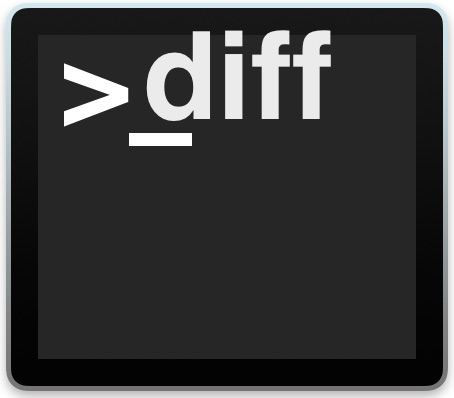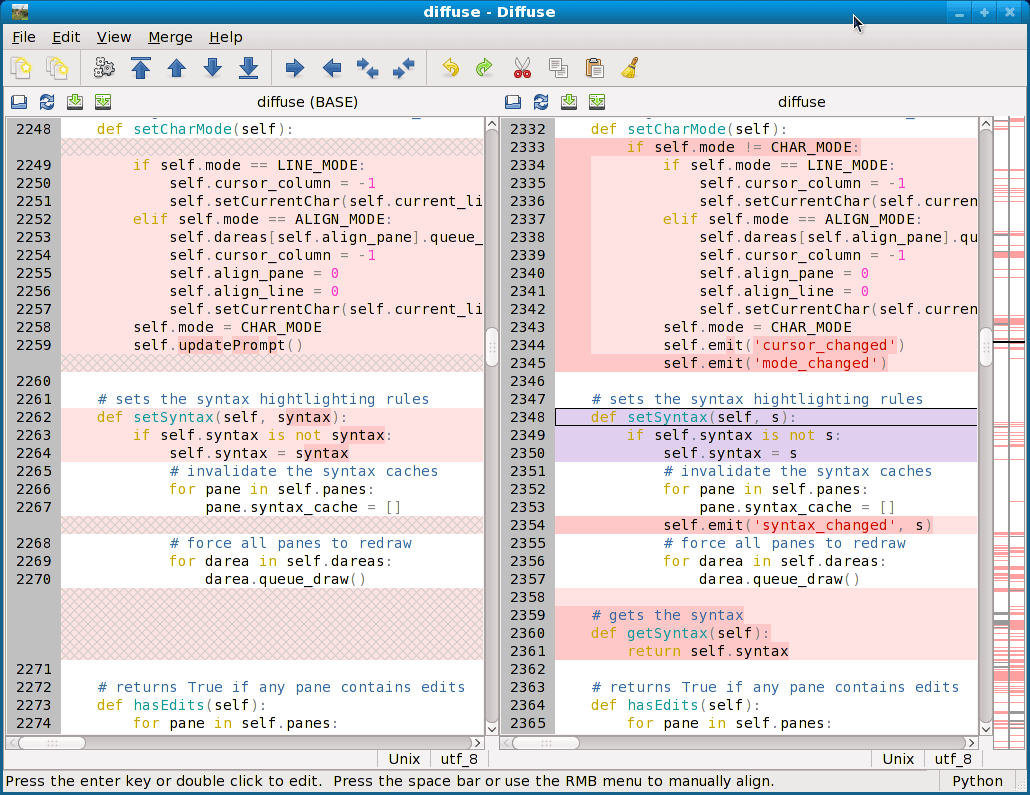
Hello all,


I'm looking for a way to compare the data from two columns so I can find the unique results and display that data in a third column. To be specific, here's what I'm doing. Column A is a list of email addresses for people I have already written. Column B is a list of email addresses for people I would like to contact. See what makes each Mac notebook and desktop computer different. And find the one that’s perfect for your life, your work and your budget. See full list on git-tower.com.
I'm looking for a way to compare the data from two columns so I can find the unique results and display that data in a third column. To be specific, here's what I'm doing.
Column A is a list of email addresses for people I have already written. Column B is a list of email addresses for people I would like to contact. I am not sure if there are email address from Column A in Column B, but there may be and if there are, I must find out so that I don't send a second email to these recipients. How can I have Numbers look at both columns and tell me which email addresses in Column B are not in Column A?
Thanks for the help!!!
MacBook Pro, Mac OS X (10.7.4)

Posted on Sep 4, 2012 9:05 AM
| Click here to return to the 'Compare two Mac-formatted text files' hint |
Compare Text Mac Free
Go and look at http://www.gregor.com/dgregor/csh_whynot.html for why you shouldn't be using csh for scripting.
Here's my version (using bourne shell programming of course) that's even more fancy. (Replace <BACKSLASH> with a backslash)
#!/bin/sh
# mdiff:
# Provides the equivalent of 'diff' for comparing files
# that use the traditional Macintosh line ending: r
# So people don't make weird versions of printf, diff, rm etc. run
PATH=/bin:/usr/bin:$PATH
# Print the usage and exit
usage()
{
diff -h
printf 'Usage: %s [ -bcefhintwlrs ] file1 file2' `basename $0`
exit 2;;
}
# Cleanup when exiting
cleanup()
{
rm '$ufile1' '$ufile2'
exit;
}
# pass on arguments to diff except for h (print help)
while getopts bcefhintwlrs arg; do
case $arg in
<BACKSLASH>?) usage;;
h) usage;;
?) args='$args -$arg';;
esac
done
shift `expr $OPTIND - 1`
# We need 2 arguments
[ $# -ne 2 ] && usage
mfile1='$1'
mfile2='$2'
# We create temporary files ufile1 & ufile2 with r changed to n
ufile1='/tmp/mdiff$$.1'
ufile2='/tmp/mdiff$$.2'
tr 'r' 'n' <'$mfile1' >'$ufile1'
tr 'r' 'n' <'$mfile2' >'$ufile2'
# Remove the temporary files when exiting (via Ctrl+C or normal exit or kill etc.)
trap 'cleanup' 0
# Do the diff
diff $args '$ufile1' '$ufile2'
Compare Text Files Mac Os X
You should also try FileMerge in the Developer tools. Its is a (great) GUI tool to compare and merge files... and it works with any type of file.
Compare Text For Mac Os
Filemerge is indeed better than diff because it displays a nice side by side comparison of the two files with a visual display of the differences, and then allows you to merge the files if you want. However, I found that it crashes if you use it on files with Mac end of line characters - I needed to compare two database files produced by Gene, a family history application which I have to run in Classic.
If you have files like that, you need to use tr to convert the end of line characters before you can run Filemerge on them. It's not really worth a shell script; just go to the terminal and navigate to the directory in which your files are saved, then enter:
tr 'r' 'n' <filename >tempfilename
where filename is the name of your first file and tempfilename is a name of your choice for the converted file.
Do the same thing again for the second file, then run FileMerge (it's in Developer/Applications if you have installed Developer Tools), choosing your two temporary files to compare.
After merging the files, replace the original end of line characters:
tr 'n' 'r' <mergefilename >newmergefilename
where mergefilename is the name you chose when saving the merged file in Filemerge and newmergefilename is your chosen name for the final, merged file with the original end of line characters, ready to view in your Classic application. You will probably also have to change the filetype and creator depending on whether your application can recognise the merged file.